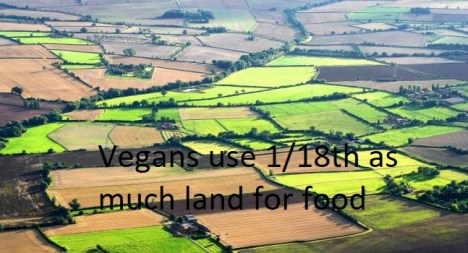CLARK COUNTY, Wash. – A semi truck loaded with more than 5,000 chickens crashed in the Dollars Corner area of Clark County, north of Vancouver, killing many of the birds and sending others running onto the road Monday afternoon.
Hours later, an animal rights activist was in handcuffs after refusing to give up one of the chickens. The woman, Amber Canavan, was cited for obstruction of justice and theft, and released later Monday night.
What an awful tragedy. Some time after the incident, animal activists and authorities arrived on the scene. Canavan picked up one of the surviving chickens, and requested that they were allowed to keep it so they could take it to an animal sanctuary.
Foster Farms, the company responsible for the incident, would not allow it, citing that “the company was liable for the chicken and any health risks that came with it“.
I think most people who read my blog would already agree that this entire situation is a travesty, so I want to focus on the last part. Several people in my network have been rightfully upset about the chicken not being taken to a sanctuary, and the activist being detained. I so wish we lived in a world where rescuing an abused, injured non-human animal was not a crime. But it is, and so I think that, perhaps unlike some others, I can sympathise with the authorities here.
I don’t believe that the law is a basis for ethics in all cases, and I don’t believe that one wanting to live an ethical life should always follow the law. There are too many examples from history (and even today) regarding human rights violations that are ‘legal’ that I don’t even need to name them. And yet, I can sympathise with the authorities, whose job it is to uphold the law, when they opt to uphold the law. I think that, if you disagree with the law, the police are not the ones to debate it with.
Regarding Foster Farms being unwilling to allow the chicken to be taken to a sanctuary, their answer actually sounds quite reasonable for two reasons. The first is in the interest of the animals themselves. Taking the chicken to a sanctuary may compromise the health of the other animals already there, given the unknown conditions it was previously in.
The second is in the interest of the company, but still seems somewhat reasonable in that context. If the chicken causes harm to other animals at the sanctuary, Foster Farms would indeed be liable for damages. Imagine you are legal advisor at the company, whose job it is to protect them from legal damages. There is no way you would advocate for the company to be put at such risk for the sake of the chicken.
Many animal advocates have given an out pour of disdain over the last day, asking questions like (paraphrased):
Why can’t Foster Farms just let the injured chicken go to a sanctuary? It won’t make them any money as they are just going to kill it.
Once you look at it from the company’s perspective, you can see there is a good reason for this.
I wish Foster Farms didn’t exploit chickens for money. I wish the truck hadn’t overturned. I wish the injured chickens were allowed to go to a sanctuary. But the world is complex, and I wanted to cover those uncovered bases.





